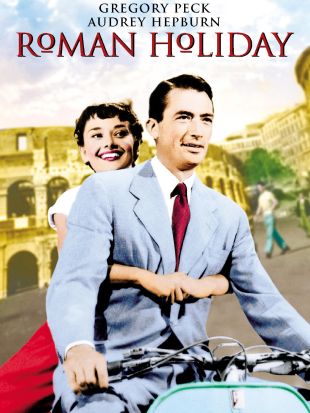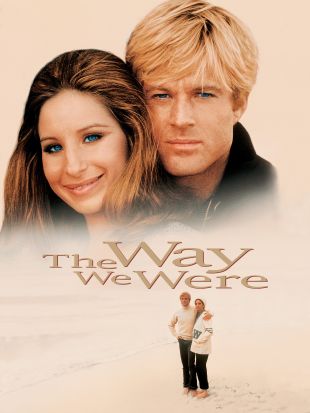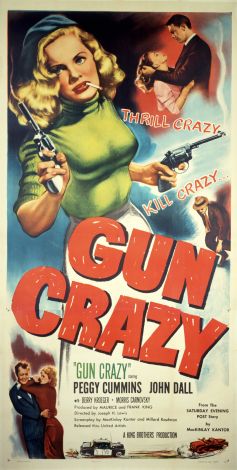Colorado-born Dalton Trumbo began his professional life as a newspaper reporter and editor and, like a lot of people in those professsion, was drawn into the movie business in the mid '30s. His career as a screenwriter was rather routine during the later part of the decade, his most important scripts being Five Came Back (1939) and Kitty Foyle (1940). With the outbreak of World War II, the flashes of seriousness and spirituality that had shown up in his early work became more pronounced, and he wrote such classics as the fantasy A Guy Named Joe (1943) and the fact-based Thirty Seconds Over Tokyo (1944), which emphasized the need for sacrifice in order to win the war. Following the end of the war, Trumbo's career was blighted by the increasingly unfriendly political climate in Hollywood, where the studio heads had no use for men of ideas and ideals such as him. And then, in 1947, the roof fell in on him when he was called to testify about the alleged communist infiltration of the movie business and -- along with nine others -- refused to testify. Trumbo, who was suspect for his otherwise innocuous 1943 script for Tender Comrade (which was about communal living in wartime, not covert Communist propaganda), was cited for contempt of Congress and served a 10-month jail term. Officially unemployable by Hollywood, he moved to Mexico where he continued to write -- for fees far smaller than the $75,000 a year he'd been making from MGM before the contempt citation -- under assumed names. His script for The Brave One (1956, under the name Robert Rich) earned an Academy Award. That and other honors, most notably the Oscar earned by Michael Wilson's script for Bridge on the River Kwai (1957), helped undermine the blacklist, and Trumbo later worked openly on Exodus and Spartacus, two high-profile blockbuster productions released in 1960, as well as the more modest drama Lonely Are the Brave (1962). By the end of the '60s, with a new generation in control of Hollywood, Trumbo was welcomed back as a hero from a long war, and was permitted to direct a film adaptation of his 1939 antiwar novel Johnny Got His Gun (1971) -- the film was honored at Cannes, and got a huge amount of press coverage in the United States due to its seeming relevance to the Vietnam War, but many of the accolades were really intended to compensate for past injustice, rather than to recognize the movie, which was received as overly preachy and didactic, as well as unremittingly grim, by most viewers. Trumbo also contributed late in life to the political thriller Executive Action (1973), which dealt with an alleged conspiracy to murder President Kennedy, and the adventure drama Papillon (1973).
Dalton Trumbo
Share on
Biography by AllMovie
Movie Highlights
Factsheet
- Was one of Hollywood's highest-paid screenwriters throughout most of the 1940s.
- Was blacklisted after refusing to testify in 1947 about communism in the film industry.
- Wrote scripts under pseudonyms while blacklisted, two of which won Oscars that the blacklisted Trumbo could not accept. One he received decades later, and the other was presented to his wife after his death.
- Is the subject of the documentary film Trumbo, which is based on a play by his son, Christopher.
- Is depicted writing in the bathtub in a sculpture erected in his hometown of Grand Junction, CO. The bathtub was his favorite writing spot.


